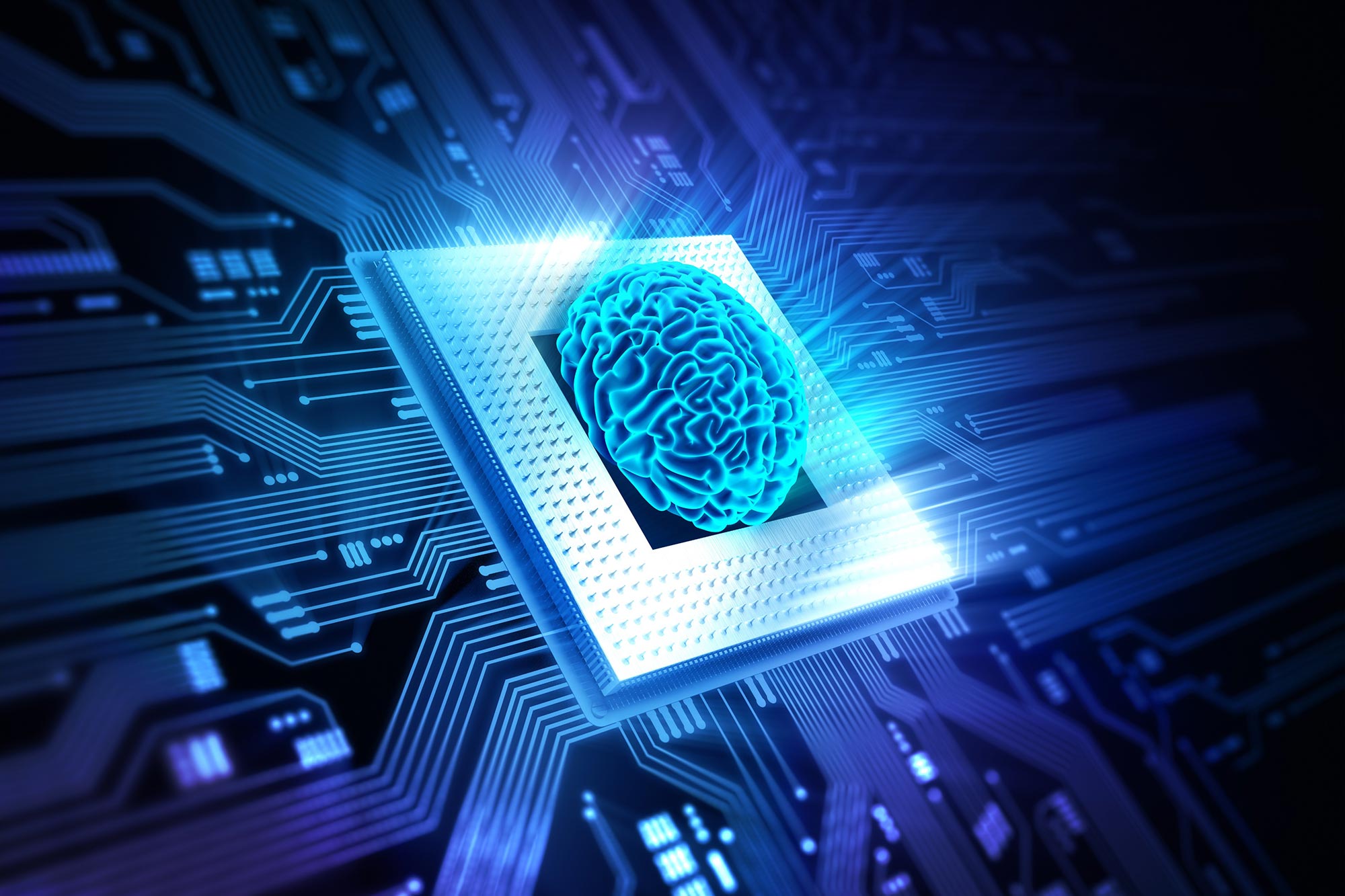
A New Field of Computing Powered by Human Brain Cells: “Organoid Intelligence”

Organoid intelligence (OI) is an emerging scientific area that seeks to create biocomputers by employing lab-developed brain organoids as “biological components.”
Johns Hopkins scientists crack ground on new area of ‘organoid intelligence’.
According to scientists at Johns Hopkins University, a “biocomputer” powered by human mind cells could be developed inside of our life time. This technology is predicted to exponentially broaden the capabilities of modern computing and open up new regions of exploration.
The team’s system for “organoid intelligence” was outlined in a recent posting revealed in the journal Frontiers in Science.
“Computing and synthetic intelligence have been driving the technologies revolution but they are reaching a ceiling,” stated Thomas Hartung, a professor of environmental health and fitness sciences at the Johns Hopkins Bloomberg Faculty of General public Health and Whiting School of Engineering who is spearheading the operate. “Biocomputing is an massive work of compacting computational energy and rising its efficiency to press earlier our present technological limitations.”

Magnified picture of a mind organoid generated in Thomas Hartung’s lab, dyed to clearly show neurons in magenta, mobile nuclei in blue, and other supporting cells in purple and environmentally friendly. Credit score: Jesse Plotkin/Johns Hopkins College
For just about two many years scientists have used small organoids, lab-developed tissue resembling fully grown organs, to experiment on kidneys, lungs, and other organs with out resorting to human or animal testing. More a short while ago Hartung and colleagues at Johns Hopkins have been doing work with mind organoids, orbs the sizing of a pen dot with neurons and other features that guarantee to sustain primary functions like understanding and remembering.
“This opens up exploration on how the human brain functions,” Hartung stated. “Because you can start off manipulating the system, doing items you can’t ethically do with human brains.”
Hartung began to develop and assemble mind cells into functional organoids in 2012 employing cells from human skin samples reprogrammed into an embryonic stem mobile-like condition. Each organoid incorporates about 50,000 cells, about the dimensions of a fruit fly’s nervous procedure. He now envisions developing a futuristic personal computer with this kind of brain organoids.
Desktops that operate on this “biological hardware” could in the subsequent decade commence to reduce electricity-use requires of supercomputing that are getting to be increasingly unsustainable, Hartung claimed. Even however pcs method calculations involving numbers and information a lot quicker than individuals, brains are a great deal smarter in earning advanced rational choices, like telling a puppy from a cat.

Thomas Hartung with mind organoids in his lab at the Johns Hopkins Bloomberg Faculty of Community Overall health. Credit: Will Kirk/Johns Hopkins University
“The brain is however unmatched by modern day desktops,” Hartung explained. “Frontier, the most recent supercomputer in Kentucky, is a $600 million, 6,800-sq.-toes set up. Only in June of final yr, it exceeded for the initially time the computational potential of a single human mind — but employing a million times additional vitality.”
It may get decades right before organoid intelligence can electricity a procedure as sensible as a mouse, Hartung claimed. But by scaling up manufacturing of mind organoids and education them with synthetic intelligence, he foresees a future exactly where biocomputers guidance top-quality computing velocity, processing electrical power, info effectiveness, and storage capabilities.
“It will consider many years ahead of we accomplish the intention of anything similar to any type of computer,” Hartung said. “But if we don’t begin producing funding programs for this, it will be substantially additional difficult.”
Organoid intelligence could also revolutionize drug screening exploration for neurodevelopmental problems and neurodegeneration, explained Lena Smirnova, a Johns Hopkins assistant professor of environmental health and fitness and engineering who co-potential customers the investigations.
“We want to compare mind organoids from commonly developed donors versus mind organoids from donors with autism,” Smirnova claimed. “The resources we are creating towards biological computing are the similar tools that will allow for us to understand adjustments in neuronal networks specific for autism, without having obtaining to use animals or to entry clients, so we can fully grasp the fundamental mechanisms of why clients have these cognition challenges and impairments.”
To assess the moral implications of doing work with organoid intelligence, a varied consortium of researchers, bioethicists, and customers of the community have been embedded in just the staff.
Reference: “Organoid intelligence (OI): the new frontier in biocomputing and intelligence-in-a-dish” by Lena Smirnova, Brian S. Caffo, David H. Gracias, Qi Huang, Itzy E. Morales Pantoja, Bohao Tang, Donald J. Zack, Cynthia A. Berlinicke, J. Lomax Boyd, Timothy D. Harris, Erik C. Johnson, Brett J. Kagan, Jeffrey Kahn, Alysson R. Muotri, Barton L. Paulhamus, Jens C. Schwamborn, Jesse Plotkin, Alexander S. Szalay, Joshua T. Vogelstein, Paul F. Worley and Thomas Hartung, 27 February 2023, Frontiers in Science.
DOI: 10.3389/fsci.2023.1017235
Johns Hopkins authors integrated: Brian S. Caffo, David H. Gracias, Qi Huang, Itzy E. Morales Pantoja, Bohao Tang, Donald J. Zack, Cynthia A. Berlinicke, J. Lomax Boyd, Timothy DHarris, Erik C. Johnson, Jeffrey Kahn, Barton L. Paulhamus, Jesse Plotkin, Alexander S. Szalay, Joshua T. Vogelstein, and Paul F. Worley.
Other authors provided: Brett J. Kagan, of Cortical Labs Alysson R. Muotri, of the College of California San Diego and Jens C. Schwamborn of College of Luxembourg.
